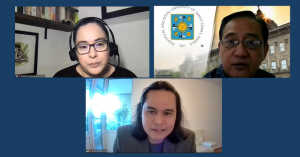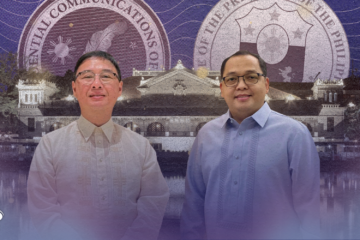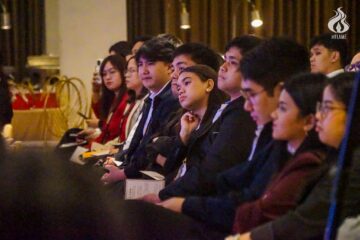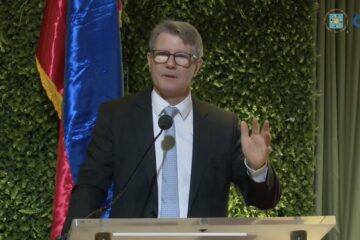
PHILOSOPHICAL RESEARCH should use observation and experience to craft policies that would benefit the public, a philosophy professor said.
While philosophical studies are not usually tied to public service, their use of empirical data and methods could make the field relevant even to people outside of it, UST philosophy Prof. Peter Paul Elicor said.
“It is also a way of doing public philosophy because one makes a philosophical claim that non-specialists in philosophy, the public, can know and relate to,” Elicor said during the “Expanding Horizons Empirical Approaches in Empirical Research” webinar held last Nov. 6.
“Instead of doing work that only philosophers can understand, if one can use this, the leadership gets widened and other people from other disciplines would benefit from that,” he added.
Empirical data and methods, Elicor said, expand the scope of a philosophical work by exploring the sources used to gather information.
He noted that the methods applied in some disciplines could also strengthen other philosophical norms.
Challenges in empirical research
In the same forum, philosophy professor Marella Ada Bolaños said it is possible that the data gathered from the research respondents may not be genuine and factual responses.
“Interviewees might want to impress you, as a result, they would sugarcoat their answers to give you an answer they think you expect,” Bolaños said.
“During the conduct of the interview, one cannot assume that all the questions prepared will be properly answered. At the end of the interview, one might have to take out questions that were not properly addressed by the interviewee. During the observation of classes, one must be prepared for the worst,” she added.
Bolaños said subjects who are being observed might be conscious of the researcher’s presence, making their actions more refined and unnatural.
Assoc. Prof. Emmanuel Batoon, meanwhile, cited the importance of asking probing questions, saying they could elicit deeper analysis from the gathered data.
“One must learn how to probe questions and dig deeper about the answers of the respondents. Ask follow-up questions about their answer instead of asking one question and moving on to another,” Batoon said.
The webinar was organized by the UST Department of Philosophy and was conducted in celebration of World Philosophy Day. F – Vanessa Noriko S. Yap



